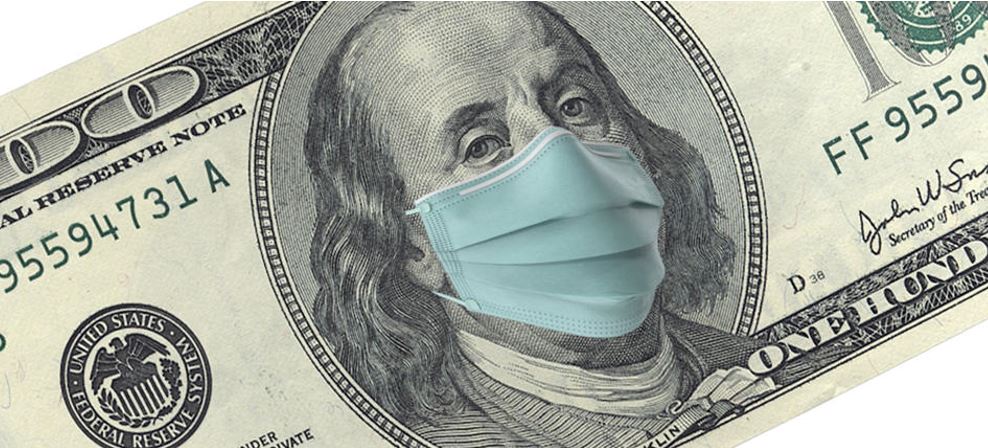
Millions of Americans are poised to begin receiving direct deposits relied payments from the federal government as part of the $2T coronavirus rescue package enacted by congress and President Trump last month, but in some cases, collectors may still be able to access that money. Here’s are some important issues you should know.
As of now, there are no provisions in the CARES Act that prohibit debt collectors from garnishing stimulus money that arrives in a debtor’s personal bank account. While some states, Massachusetts, Texas and the District of Colombia, have issued their own emergency regulations preventing the issuing of new garnishment orders, most states do not.
The consequence of this, is that once a direct payment of a stimulus check hits the debtors account, it is possible for collector to serve a garnishment order on a known account and seize those funds. Of course, this is contingent upon the previous existence of a judgement.
Many credit unions have cross collateralization agreements authorizing the offsetting of funds to cover other delinquent loans and it is apparently possible that these funds could legally be transferred over to other accounts to cover past due debts as well as negative share accounts.
The Treasury Department has always had rules protecting debtors from the garnishment of social security payments. Even though there are politicians recognizing the glaring lack of protection to these payments, there are to date, no Federal regulations providing these protections to the coming stimulus payments, many of which have already began arriving in checking accounts as early as April 10th.
Senators Sherrod Brown (D-Ohio) and Josh Hawley (R-Mo.) are urging the Treasury Department to take steps to exercise its ability to prevent collectors from seizing CARES Act direct payments, making an exception for child support payments;
“If Treasury fails to take action, the CARES Act direct payments are at risk of being seized by debt collectors. That is not what Congress intended. We came together to pass the CARES Act to help American families pay for food, medicine, and other basic necessities during this crisis…we ask that you immediately exercise your authority to protect these payments from private debt collectors.”
Lauren Saunders, Associate Director at the National Consumer Law Center (NCLC) stated; “If people are worried about debt collectors, they should take the money out right away,” The NCLC is advising consumers who believe they are at risk of garnishment should keep a close eye on their accounts and move the money out as soon as it arrives by cash withdrawal or electronic transfers to other accounts.
The CARES Act created sweeping provisions for the funding of hospitals and to expand unemployment benefits during the COVID-19 crisis, allocating $349B in loans for small businesses impacted by the crisis and another $500B in loans and grants for companies in distressed industries. With most Americans receiving $1,200 direct payments to their bank accounts, the rollout of the program has been erratic at times, as the virus has taken it’s heavy toll on small businesses, the health care industry and the economy in general as over $16M Americans have applied for unemployment benefits over the past three months.
Disclaimer: This information is provided for informational news purposes only. Please consult your collections attorney before making any consideration of offsetting funds via cross collateral authorization or attempting a wage garnishment.










